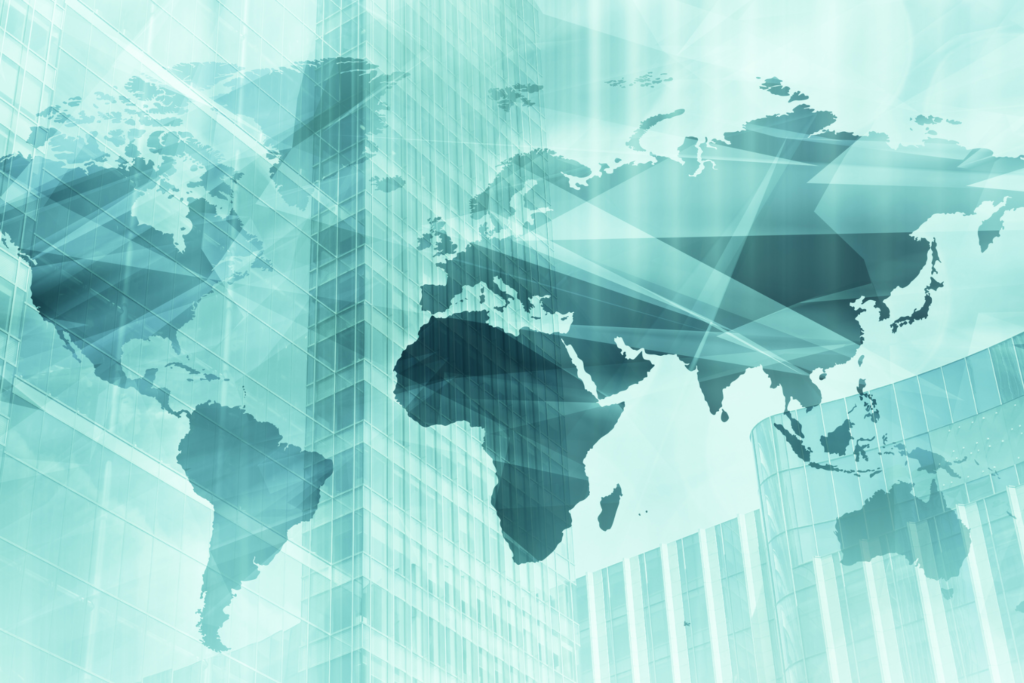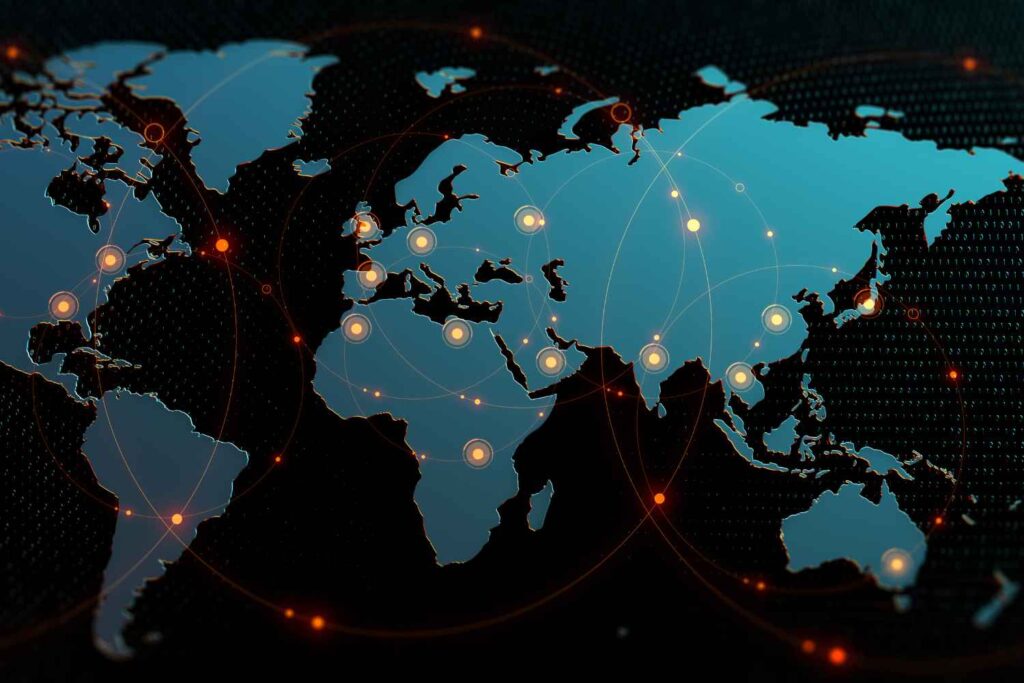‘History will tell’: as US pressure grows, Cuba edges closer to collapse amid mass exodus
The author examines Cuba’s ongoing polycrisis, characterized by the convergence of economic collapse, demographic decline, social fragmentation, and political repression. Mass emigration is accelerating population loss and weakening public institutions, while economic contraction across nearly all sectors has deepened inequality and eroded the foundations of Cuba’s once-renowned healthcare and education systems. Despite widespread disillusionment, internal […]









